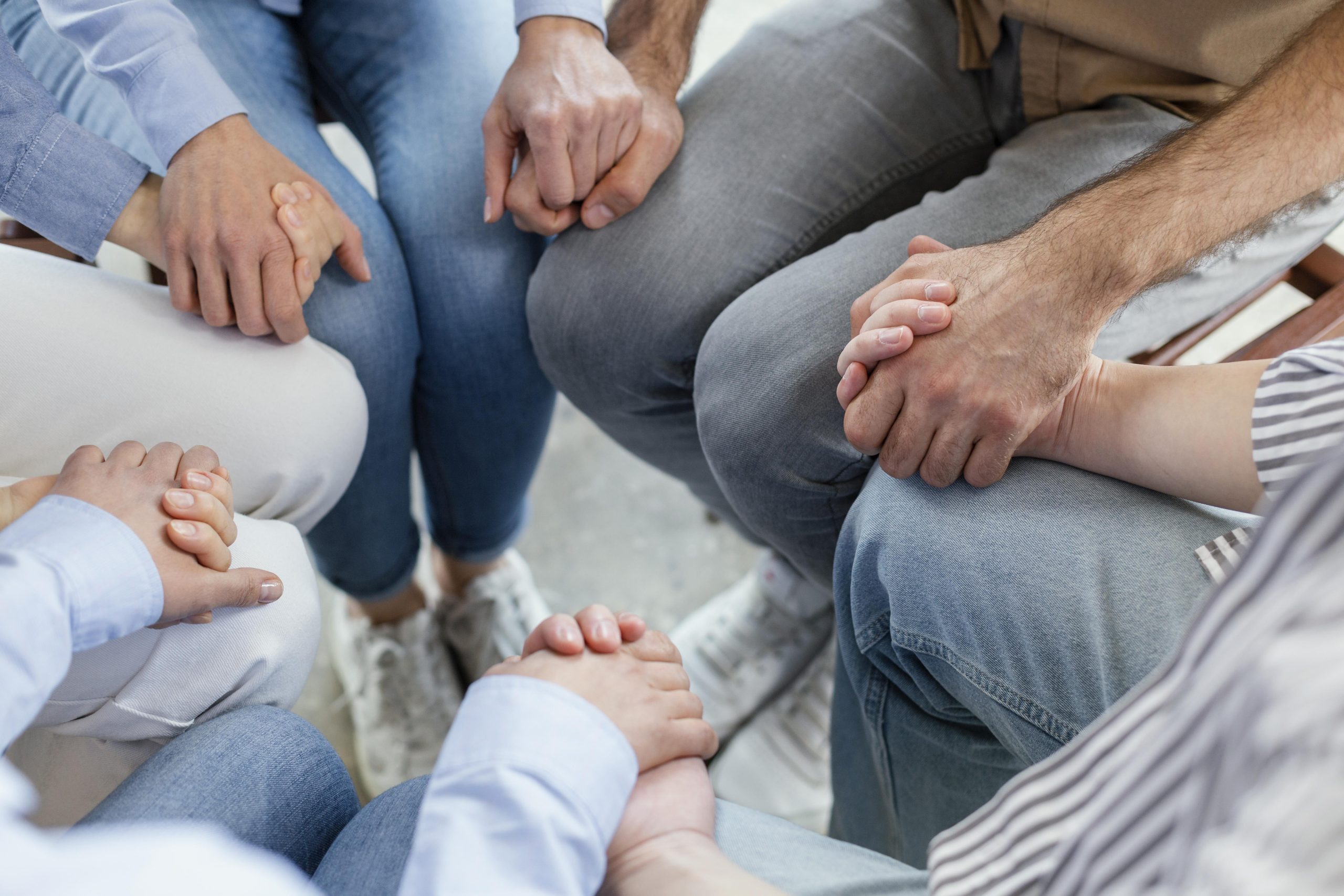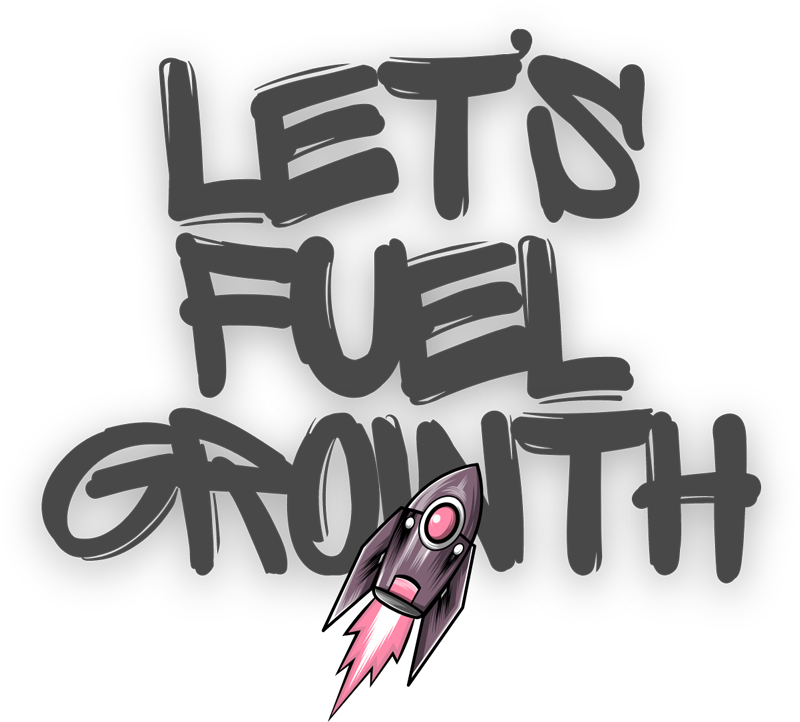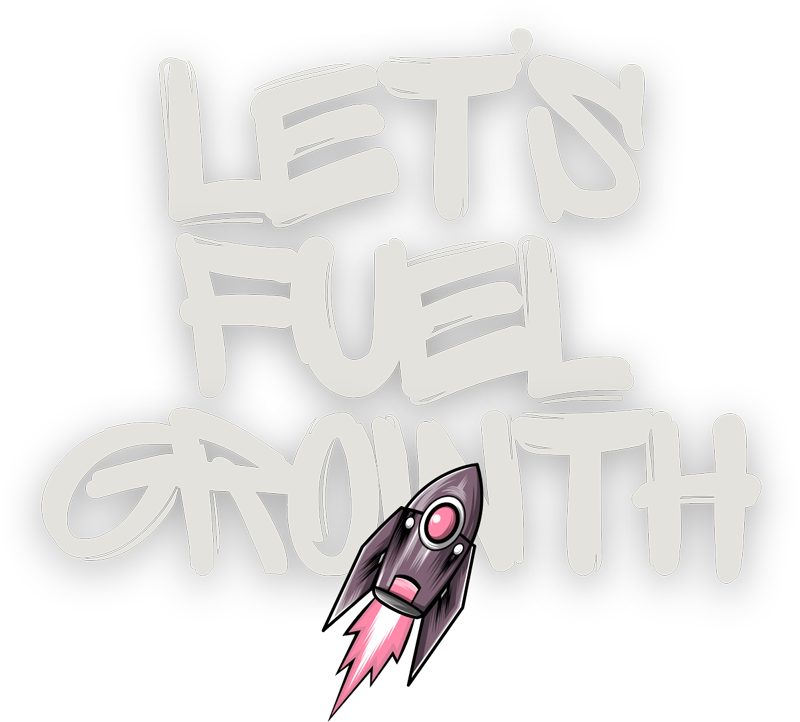
Benefits of Family Therapy for Addiction
How healing one relationship can support lasting recovery.
Addiction affects more than just the person using—it touches every relationship, conversation, and quiet moment within a family. When one person struggles, the entire support system feels the weight. But here’s the good news: just as addiction can fracture connection, recovery can rebuild it—and family therapy is one of the most powerful tools to do just that.
At Let’s Fuel Growth, we believe that real recovery is rooted in relationships. That’s why family therapy is more than a supportive add-on—it’s a proven pathway to lasting change. Whether you’re rebuilding trust, learning new ways to communicate, or simply showing up for each other again, this therapeutic approach can create deep, lasting healing for everyone involved.
What Is Family Therapy in Addiction Treatment?
Family therapy is a form of group counseling that includes the individual in recovery and key members of their family or chosen support system. Sessions are guided by licensed therapists and focus on:
- Open communication
- Rebuilding trust
- Understanding addiction as a family disease
- Developing healthy boundaries
- Learning relapse prevention strategies
Why Addiction and Family Therapy Go Hand in Hand
Here’s a closer look at why family involvement improves outcomes in addiction recovery:
| Benefit | How It Helps |
| Improves Communication | Teaches healthy ways to express emotions, frustrations, and needs |
| Addresses Enabling Behaviors | Helps loved ones recognize and stop harmful patterns |
| Reduces Relapse Risk | Increases accountability and emotional support post-treatment |
| Creates Shared Understanding | Educates family about the nature of substance use disorders |
| Heals Unspoken Wounds | Gives space to process pain, resentment, or trauma caused by addiction |
| Restores Family Roles | Rebalances dynamics that may have been disrupted |
| Strengthens Emotional Resilience | Builds tools to handle setbacks together |
| Supports Children & Teens | Helps young family members feel heard, safe, and emotionally stable |
| Encourages Long-Term Recovery | Families become allies, not triggers |
| Rebuilds Trust and Connection | Facilitates forgiveness and closeness through consistent effort |
The Science Behind It: Why It Works
Studies show that family therapy improves treatment retention, enhances family functioning, and reduces relapse.
The National Institute on Drug Abuse (NIDA) identifies family-based interventions as evidence-based practices in addiction treatment.
According to SAMHSA, involving families in treatment can decrease substance use and improve mental health across generations.
Who Should Participate in Family Therapy?
Family therapy isn’t limited to blood relatives. Anyone who plays a significant role in your life and emotional health can participate, including:
- Spouses or partners
- Parents and siblings
- Children (depending on age and situation)
- Close friends or roommates
- Chosen family or long-term support figures
In areas like Wayzata, MN and the surrounding Twin Cities, recovery communities are increasingly inclusive—welcoming chosen family and emphasizing peer connection. Family therapy supports this broader view of healing.
Common Formats of Family Therapy
Family therapy can take many forms depending on the needs of the group:
| Format | What It Involves |
| Behavioral Family Therapy | Focuses on restructuring negative behavior patterns and building positive reinforcement |
| Multi-Dimensional Therapy | Especially helpful for adolescents and involves multiple layers of family life |
| Structural Family Therapy | Works to rebalance roles, responsibilities, and hierarchy within the family |
| Strategic Family Therapy | Addresses specific problems through goal-focused sessions |
Addiction, Family, and Recovery: A Shared Journey
Addiction can fray even the strongest bonds. Family therapy works to restore and reimagine those connections. Whether the person in recovery is fresh out of detox or years into sobriety, recovery and family healing go hand in hand.
And for those supporting a loved one, this kind of therapy can bring clarity, tools, and peace of mind.
Key Takeaways
- Addiction impacts the entire family—so healing should too
- Family therapy improves outcomes, reduces relapse risk, and rebuilds relationships
- Recovery is stronger when it’s rooted in support, understanding, and connection
- Therapy is not about blame—it’s about building a better future together
Final Thoughts: Empower Families, Fuel Growth
At Let’s Fuel Growth, we believe community and connection are at the heart of sustained recovery. Our mission extends beyond individuals—it’s about transforming relationships, families, and lives. If you’re in Wayzata or the Twin Cities area, explore our peer-led wellness events, volunteer opportunities, and community-based support that complement therapy and recovery.
Because healing doesn’t just change one person—it uplifts everyone.

